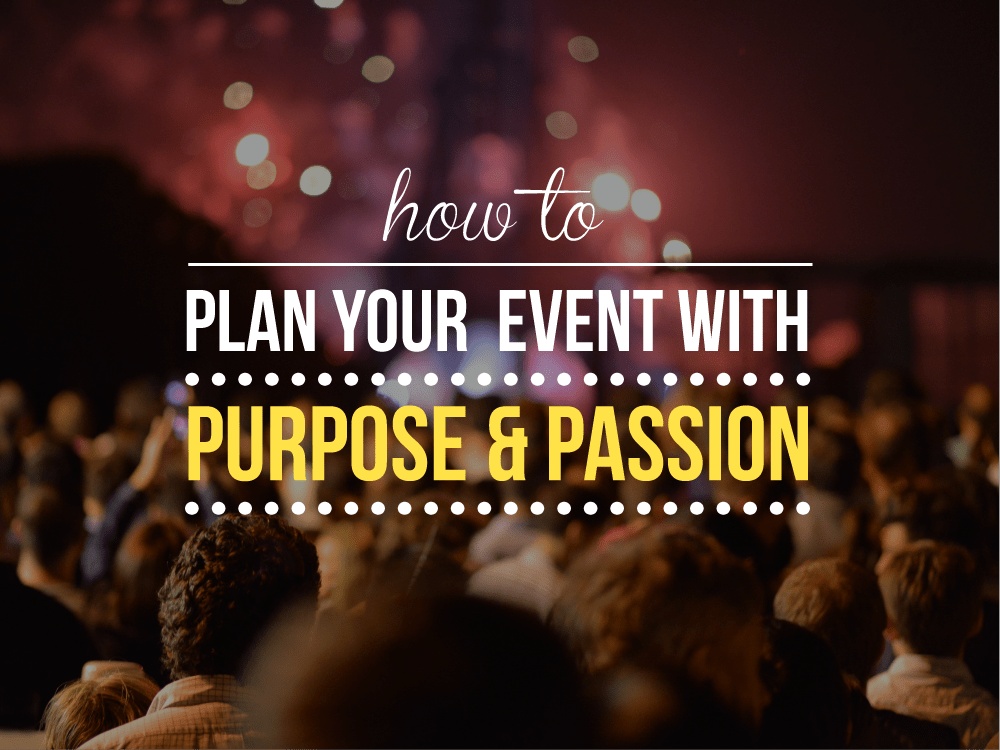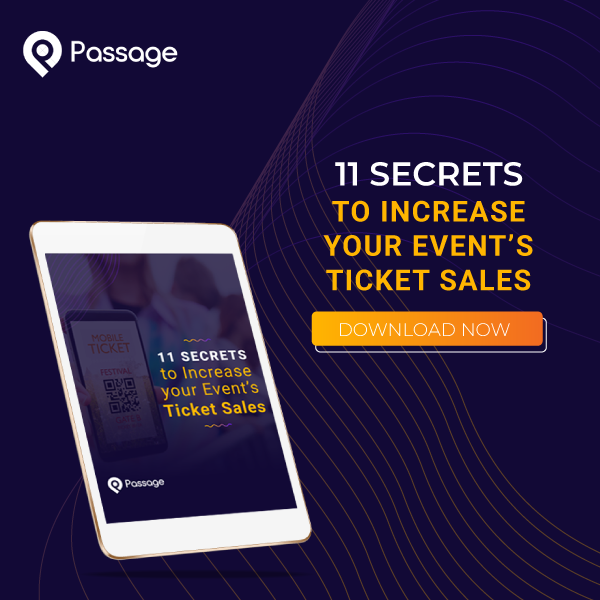In Simon Sinek’s TedTalk: Start With Why, he explains that most companies know what they do, as well as how they do it. However, very few organizations can articulate why they sell a product or service (apart from the desire to make a profit). They have trouble defining their belief and purpose because they prioritize the what’s and how’s of their operations, instead of focusing on their “why statement”.
Ignoring your “why statement” is detrimental to your event because it is the thing that connects people to your belief, and your belief is what sells. Your belief is what motivates your employees to come in early and stay late. It is the driving force behind gut feelings that people cannot explain in words, but still feel inclined to join your group, buy your product, or attend your event. People who believe what you believe will buy from you, and those that don’t share your belief will not.
Remember Sinek’s words of wisdom, “The goal is not to do business with everybody who needs what you have. The goal is to do business with people who believe what you believe.”
Knowing your “why” will separate you from your competitors, motivate your employees, and help you gain a better understanding of your target audience.
Think Big
Start by determining the purpose of you event. Why are you hosting it and why should people want to attend? Don’t be afraid to think big.
David Schwartz, author of The Magic of Thinking Big, instructs people to “see what can be, not just what is.” Visualize what you want your event to look like five years from now and try not to sensor your thoughts. Even if an idea seems far-fetched, write it down. Let your imagination wander for a while. Where you see the event years from now might help remind you of the real reasons you started producing haunted attractions or hosting music festivals in the first place.
Ask Yourself
If the thought of doing a massive brain dump freaks you out, try asking yourself a few simple questions:
- What about this event makes me feel most excited?
- What is the element of greatest value for my guests?
- What does my event stand for (making the world a prettier place, sharing a passion for art and music, raising money to fight breast cancer)?
Get a Third Party Perspective
After you’ve evaluated your event’s “why”, ask you friends, coworkers, or family members what they think the most meaningful aspect of your event is. Any honest outsider’s perspective will suffice. However, be sure not to tell them your initial thoughts, as they might be tempted to take the easy route and simply agree with you. Getting a third party perspective is important because as the creator, you often overlook the awesomeness of your event because you’re so wrapped up in the details, or too busy problem solving.
Become a Leader
"People don’t buy what you do; they buy why you do it." Simon Sinek
We all hope that the work we are doing is contributing to something greater than making a profit. Most employees, students, and even innovators seek out leaders and people that express a belief similar to their own. The bottom line: people need leaders (preferably compassionate and fearless ones): someone to inspire them based on their beliefs.
Running the risk of sounding dramatic and cheesy, your event needs a leader too: someone to shed light on the ideas and core principles of why the event is being held in the first place and why anyone should care about it. And according to Simon Sinek, the hard truth is that people don’t buy what you do; they buy why you do it. Finding your why as an event creator is your first step to becoming an effective and compelling leader.









